Pain Pills and the Need to Please
 Friday, April 13, 2012 at 10:23AM
Friday, April 13, 2012 at 10:23AM Research suggests womens' need to please could be getting them in trouble with so-called opioid prescription painkillers such as oxytocin and vicodin. Painkiller problems are reaching epidemic proportions for women, who are more likely than men to be given opioid prescriptions and to be given higher doses on average than men. Rates of toxic reactions to opioids have tripled among women since 1999, and opioid-related poisoning hospitalizations have increased for women but not for men. How did we get from "mother's little helper" to "mother's major drug problem?"
"Women are more likely to report that their fear of disappointing others leads them to make poor decisions about their pain care."

Partially, the trouble comes from doctors who seem to hand the stuff out like candy. A study of unintentional pharmaceutical overdose fatalities reported that prescribed opioids were present in 44% of women. Drug monitoring program records show that among fatality cases, women were more than twice as likely as men to have received prescriptions from five clinicians or more per year; putting women at greater risk for polypharmacy (dangerous drug interactions), for unintential poisoning and for receiving mutliple opioid prescriptions from mutliple doctors.
The loose trigger finger on an controlled-substance scripts may be a sign that doctors are trying to help; women are at greater risk for acquiring varied chronic pain conditions. However, data suggests that opioid therapy is not beneficial for some of womens' biggest pain problems including fibromyalgia, headache and osteoarthritis. This doesn't sound like compassionate prescribing, it's more like lazy prescribing.
But perhaps the deeper problem is in womens' fear of upsetting the applecart. Researchers believe that the need to anaesthetize pain stems in part from women's poor capacity to set limits with others. Rather than say no, I can't, I am in pain and need to tend to myself, women will just pop a pill and grin a bear it. According to Drs. Beth Darnall and Brett Stacey of the Division of Pain Medicine, Department of Anesthesiology and Perioperative Medicine, Oregon Health & Science University, Portland: "Women are more likely to report that their fear of disappointing others leads them to make poor decisions about their pain care." In a Commentary published in this months' Archives of Internal Medicine, Darnall and Stacey write that women are more likely than men to push themselves into greater pain severity in an effort to maintain their role in the family.
Weirdly, women with solicitous spouses are more likely to use greater amounts of opioids; the same is not true for men with solicitous spouses. So the more concerned and interested a spouse is, the less a woman wants to complain about her pain. She turns to a pain pill to mask the problem. Women feel a need not to bother their caring partners with their troubles, whereas men feel entitled to lean on their attentive partners. Research suggests that a woman's need to project a perfect image may lead her to take more pain pills.
In this case, perhaps, women should be taking a page out of the he-man playbook. If you're hurting, say something and let your partner do the pampering.
 overdose,
overdose,  painkillers,
painkillers,  polypharmacy,
polypharmacy,  women
women 




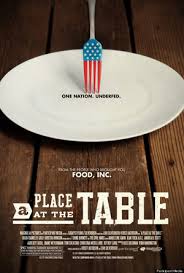


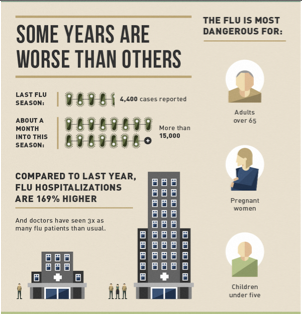

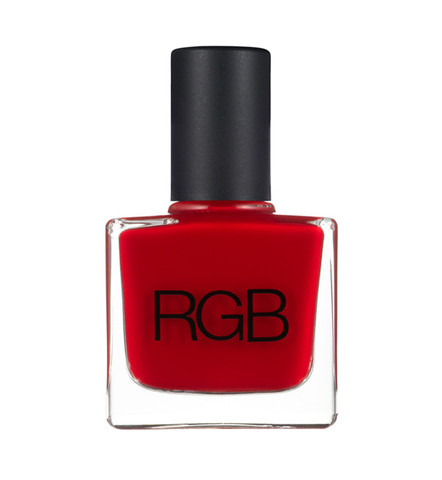
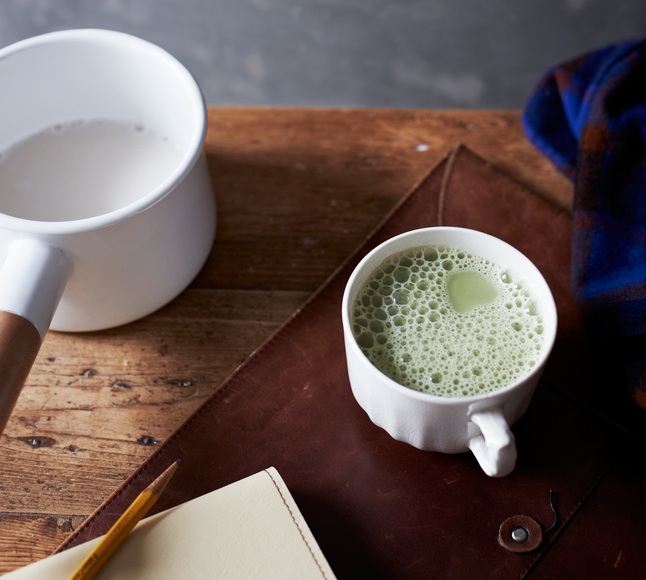



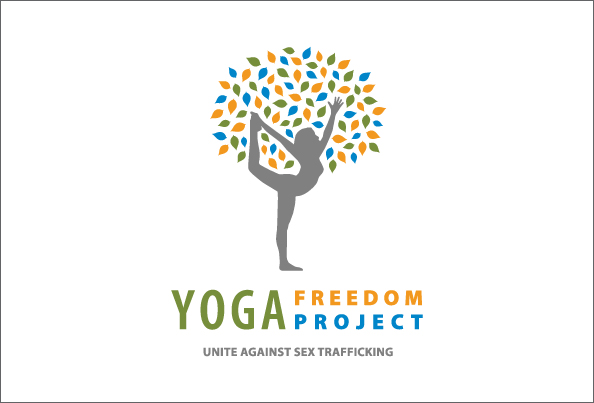
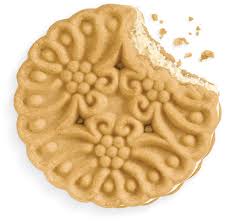
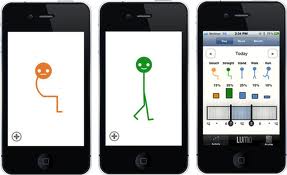
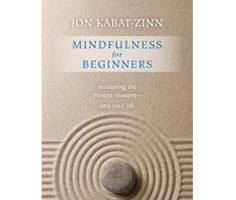




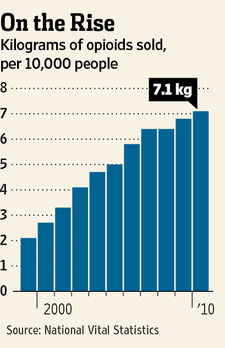


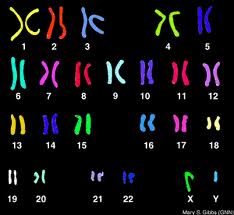
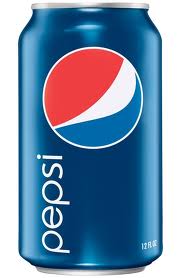

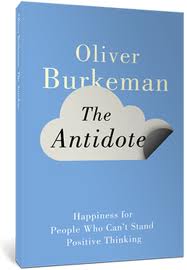
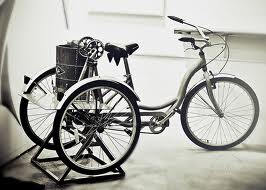







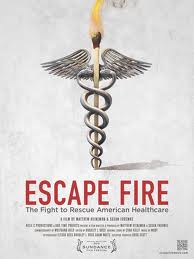


















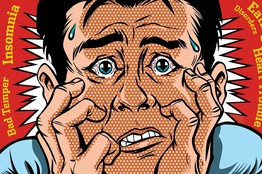


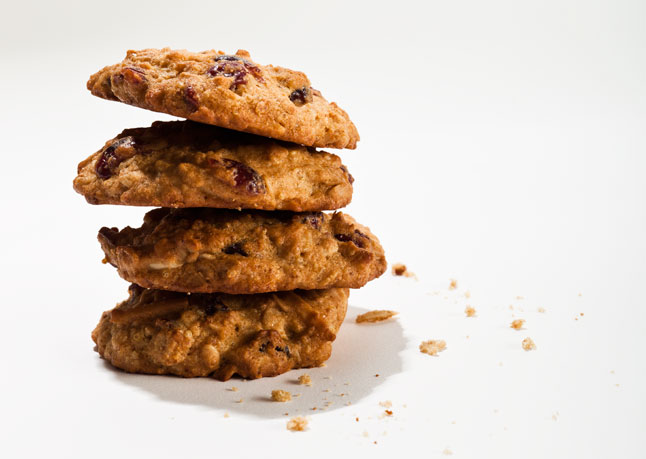
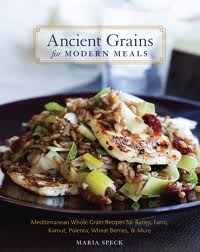
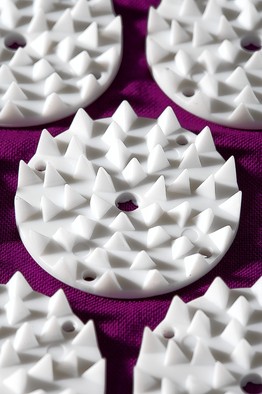


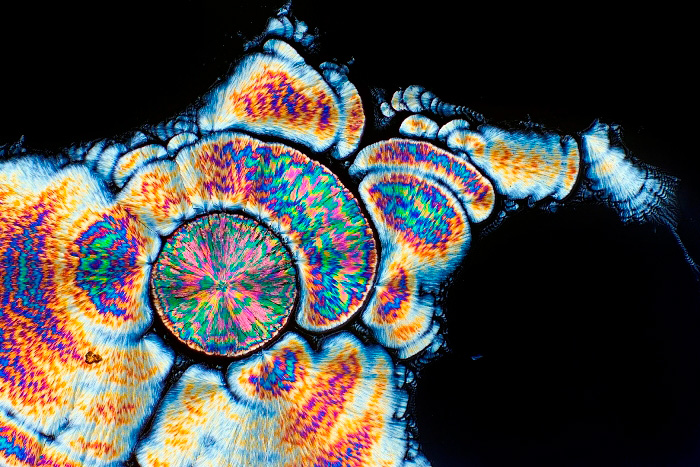
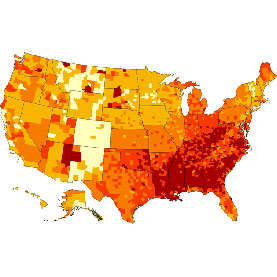
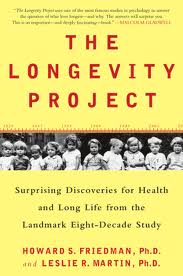





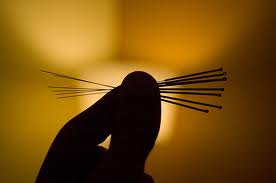
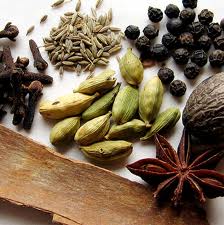
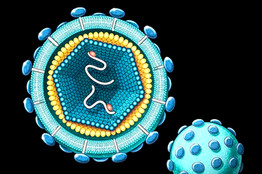

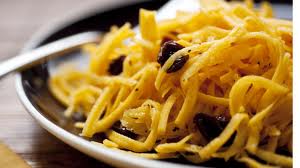

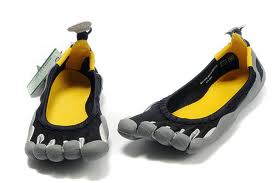




Reader Comments